Indigenous voice to parliament: ‘Black voices being muzzled by red tape’, says Megan Davis
Professor Megan Davis has slammed the bureaucracy in Indigenous affairs as a money making monolith that voiceless ‘Aboriginal people are not benefiting from at all.’
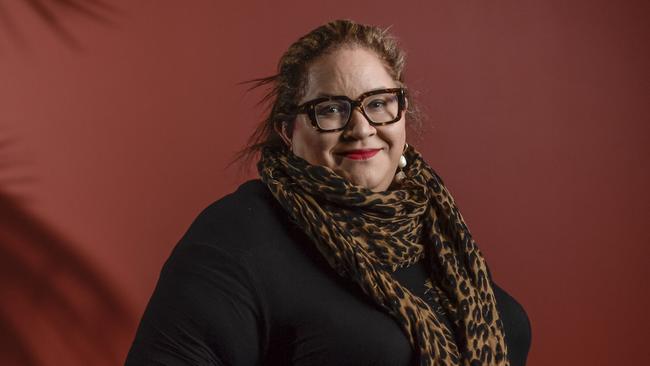
Voice architect Megan Davis has slammed the bureaucracy in Indigenous affairs as a monolith that “just exists for itself”, and says Aboriginal and Torres Strait Islander people want the commonwealth department that purports to represent them to be cut in half.
As No campaigners seek to characterise the voice as another layer of bureaucracy on top of the National Indigenous Australians Agency, Professor Davis says voiceless Indigenous Australians actually want the commonwealth bureaucracy slashed.
She said Aboriginal and Torres Strait Islander delegates at Uluru in 2017 asked for a voice because bureaucracy and politicians had failed them.
“Our people didn’t come to Uluru saying we want more bureaucrats,” Professor Davis said.
“They don’t like bureaucrats subjugating them and up in their face telling them what they should and shouldn’t do.
“What they would like is the agency to be cut in half.”
In an online discussion hosted by the Australia Institute on Thursday, Professor Davis said the status quo in Indigenous affairs was good business for some.
“The Productivity Commission at a national level has said that of the $30bn that is bandied around, probably 27 per cent hits community,” she said.
“The rest of it is a huge industry where a lot of people are making a lot of money off of disadvantage and they don’t want the status quo to change because they are … going to lose business as a consequence of people getting control back over their lives.
“That is what is going on and we need more Australians to understand it is an industry, but it is not an industry that Aboriginal people are benefiting from at all.”
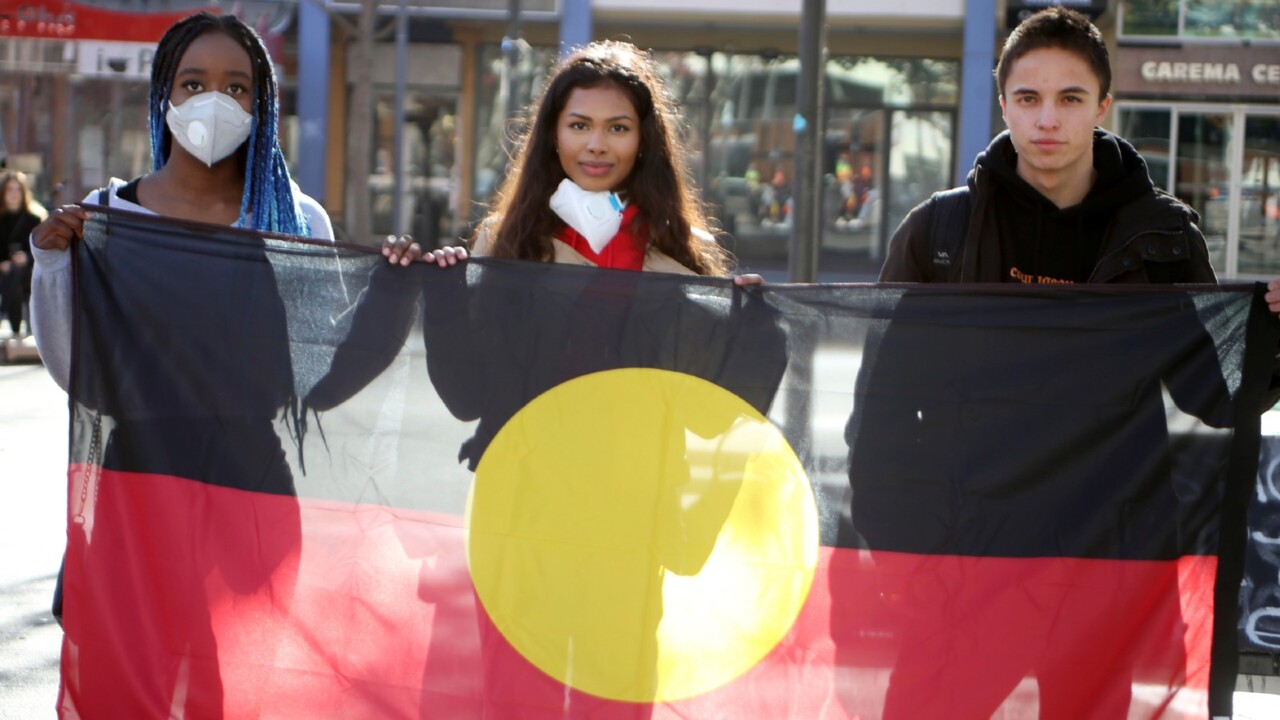
Professor Davis designed the meetings of Indigenous Australians that led to the Uluru Statement from the Heart and its call for a voice six years ago. In March, she negotiated with the government on the final words of the proposed constitutional amendment that Australians will be asked to vote on at the voice referendum, likely in October. She and others in the Uluru Dialogue have built a people’s movement in support of the voice.
Professor Davis, a Cobble Cobble woman and Balnaves chair in constitutional law at the University of NSW, said the majority of failed referendums in Australia were about the expansion of federal power. The voice was the opposite of that, she said.
“Australians don’t like the expansion of federal power, they clearly don’t. They vote no to it every time,” she said.
“This isn’t the expansion of federal power. It is something very, very different. It is a recognition exercise that has been going on for 12 years.”
She said it was clear that many politicians in Indigenous affairs had not informed themselves.
“They don’t read anything so a lot of their policy making is off the back of bureaucrats in their ear pushing an agenda, or elites in their ear pushing an agenda or by anecdote when they get in their jet and they fly around and they say ‘Aunty Mabel in this community said this and therefore’…” Professor Davis said.
“And that is what has served our community so poorly … so much policy is done by anecdote.”
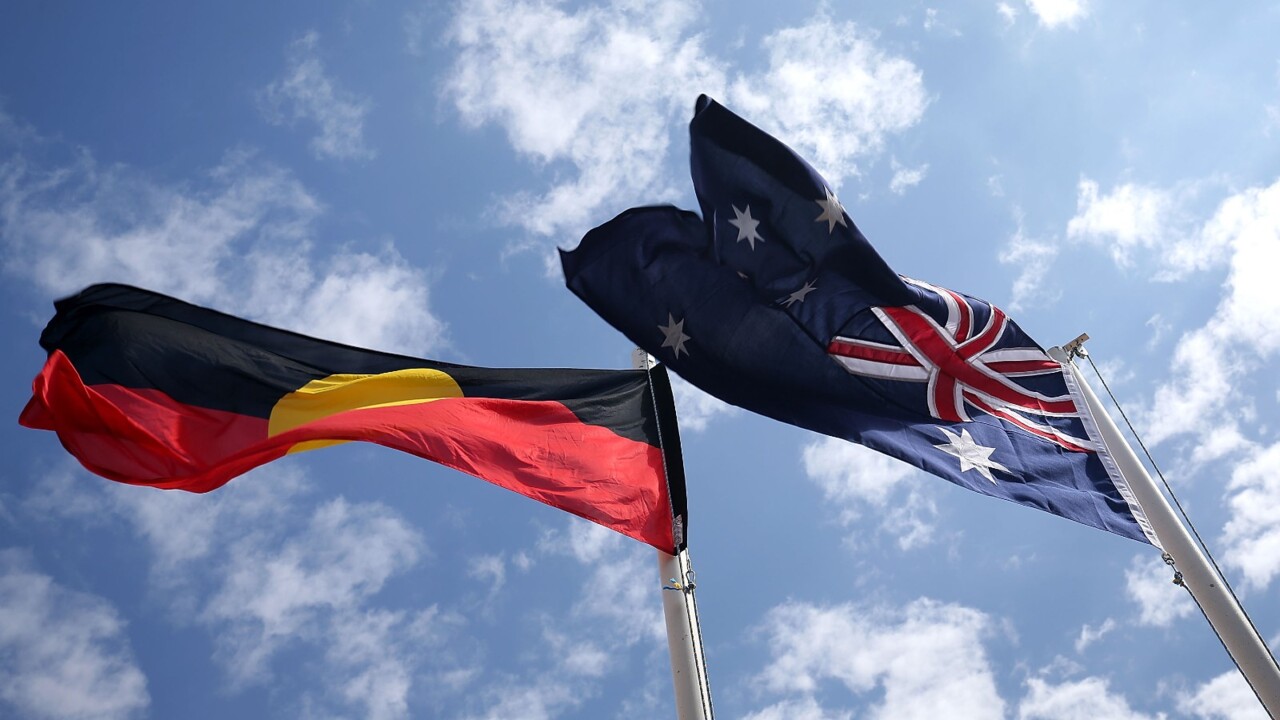
Professor Davis’s discussion explored arguments in her June Quarterly Essay, A Reasonable Voice, including that the Abbott government was ultimately responsible for the push for the voice. This was because, she said, Tony Abbott’s Indigeous Advancement Strategy unilaterally scrapped programs and services whether they were working or not. When Aboriginal organisations reapplied, they often found the work went to non-Indigenous organisations. This prompted communities to ask for a permanent say on policies and laws affecting them.
Professor Davis argued the Coalition’s claims that it did not want more red tape and bureaucracy contrasted with the Australian National Audit Office’s findings that bureaucracy and red tape increased in Indigenous affairs during the last Coalition government. “They did an absolutely appalling job,” she said.
She believes the bureaucracy around Indigenous affairs is a challenge for both sides of politics, and not only at a federal level.
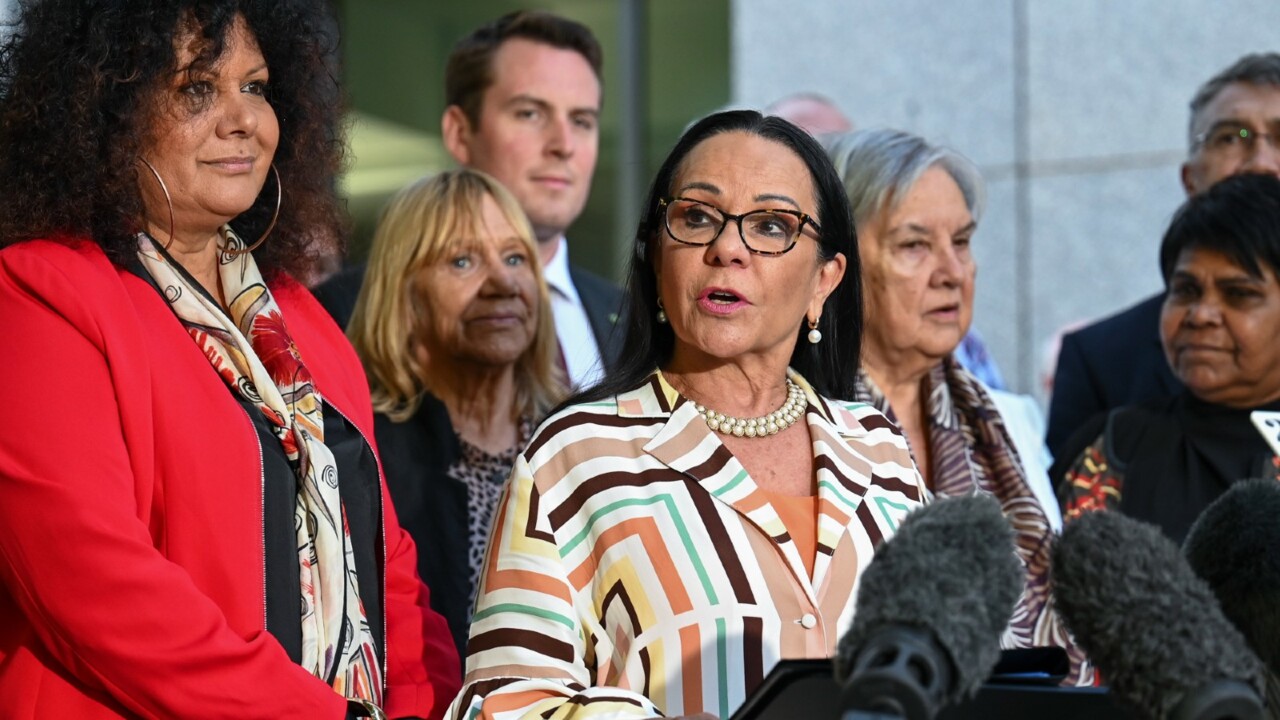
She pointed to the Queensland Productivity Commission’s report into remote communities which found “the bureaucracy … just kind of exists for itself”.
“A big part of the work of the bureaucracy in remote communities in Queensland is actually for their own optics. To take photos of what they are doing to say they are doing things,” she said.
Professor Davis said most people accepted the status quo was not working in Indigenous affairs and most accepted that politicians are part of the problem.
She said the Uluru Dialogue campaign had been talking and listening to Australians in regional towns, and added: “They want to know (the voice) will make a difference.”



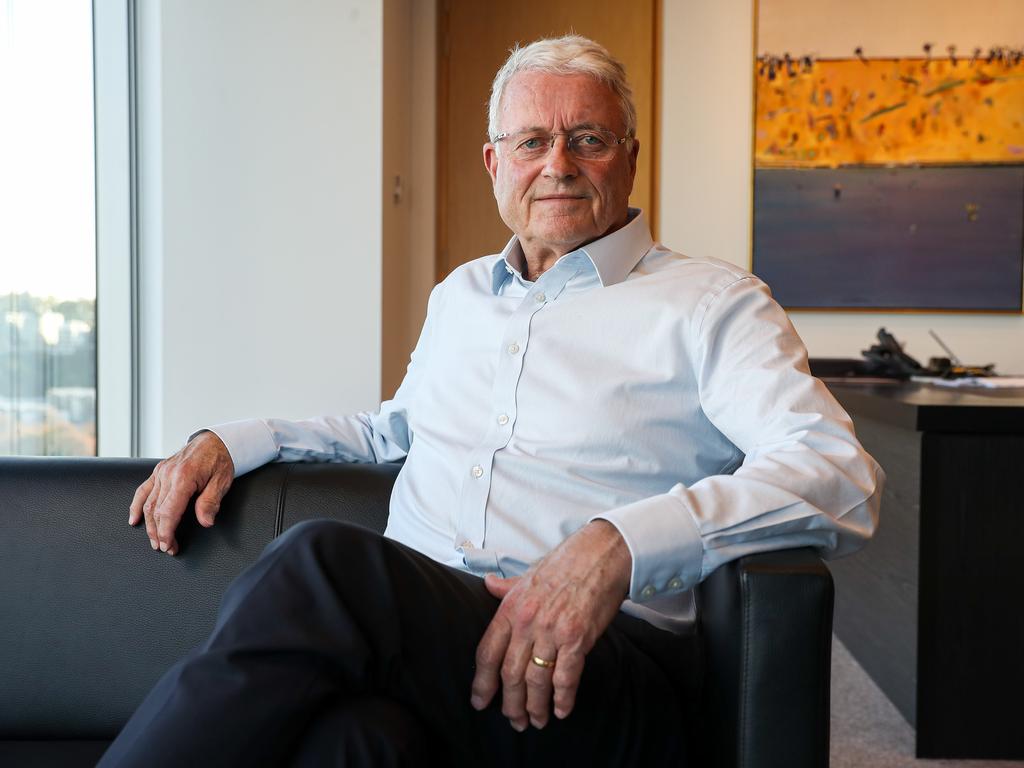




To join the conversation, please log in. Don't have an account? Register
Join the conversation, you are commenting as Logout